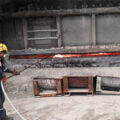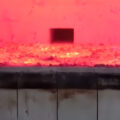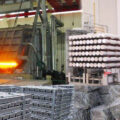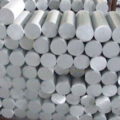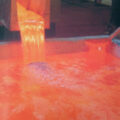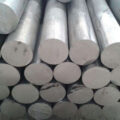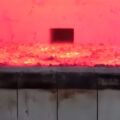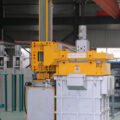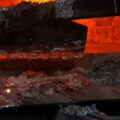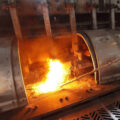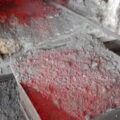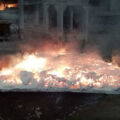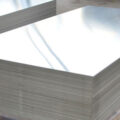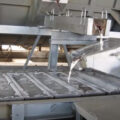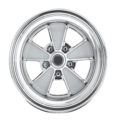Die-cast aluminum alloy refining is mainly through chemical reaction, adsorption and filtration to reduce the content of hydrogen and Al2O3 in alloy liquid, so as to improve the quality of die casting. The amount of hydrogen and inclusions in aluminum alloy liquid depends on refining agent and refining method.
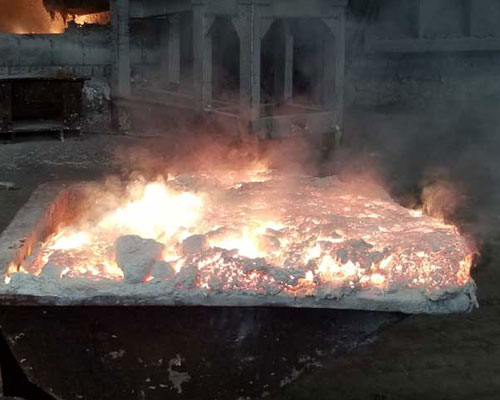
With the increasing requirements for internal and external quality of die castings, many castings require air tightness and machinability. Die-Cast aluminum alloy refining can not be ignored to improve the quality of die casting parts.
Under the conditions of determining alloy brand, ingot quality, allowable impurity type and content, smelting (remelting) equipment and other processes except refining treatment, the key to obtain high-quality alloy liquid is to use ideal and efficient “refining agent” to refine alloy liquid, remove gas and various inclusions in alloy liquid to the greatest extent, and purify alloy liquid.
Casting aluminum alloy needs refining treatment before casting to purify alloy liquid, but it has not been paid enough attention. The main reason for neglecting the refinement treatment of die casting aluminum alloy is the particularity of die casting production mode.
Due to the formation of alloy liquid under high pressure and cooling conditions, the porosity defect caused by air wrapping is the main reason. Therefore, the sensitivity of aluminum alloy to refining treatment is weaker than that of other casting methods. For die casting, the air in the cavity must be eliminated as much as possible, for example, the overflow groove should be set on the die.
Other factors can easily make people ignore the necessity of refining die-casting aluminum alloy, such as:
The quality requirements of die castings are not high.
The factory climate is dry and the content of oxide in aluminum ingot is low.
The recovery rate is low and the quality of new ingot is better.
The melting capacity of melting equipment does not match the production capacity of the die casting machine.
Based on the consideration of the production cost of die casting parts, the influence of traditional customs.

